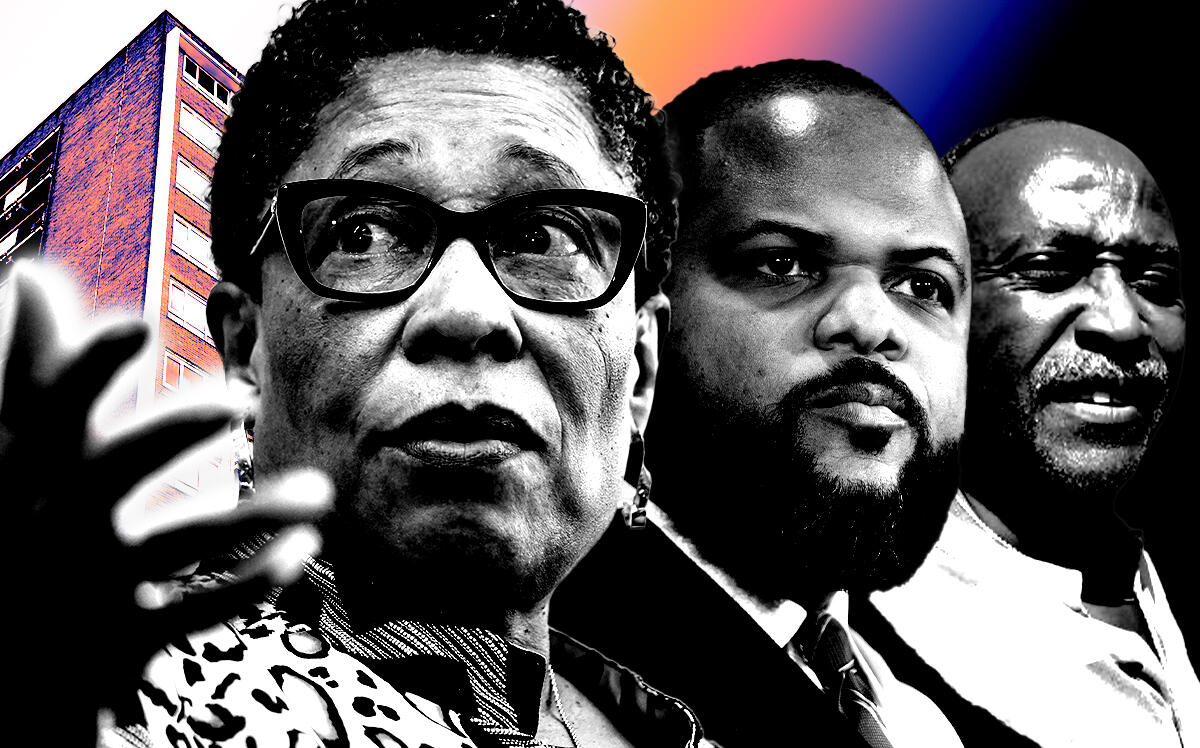North Texas has come under scrutiny by HUD again as the federal agency is investigating a racial discrimination complaint against the City of Dallas.
A complaint filed in February to the federal Department of Housing and Urban Development alleges that the city’s policies and practices steer low-income housing into Black and Latino neighborhoods in violation of federal civil rights laws. HUD has given the city until April 25 to submit its initial response, according to Kera News.
In January, the City of Arlington— just west of Dallas— settled a fair housing lawsuit for $400,000 wherein the HUD accused the city of blocking affordable housing opportunities for low-income families.
The latest complaint, sent by Dallas housing activist Darryl Baker of Fair Share for All Dallas, is focused on the city’s use of the federal Low-Income Housing Tax Credit program to effectively create clusters of subsidized housing developments in lower-income communities.
“We’re putting our thumb on the scale in a way that will guarantee that if you’re poor in this part of town, you’ll always be poor,” said Baker, a former city employee with a background in architecture. “And [that] this part of town will always be poor.”
The federal tax credit provides tax incentives to developers building housing for people whose incomes are lower than the area median income. Though the program is officially run by the Texas Department of Housing and Community Affairs, local governments have substantial influence over which proposed projects do or don’t qualify.
In practice, financially subsidized housing for lower-income residents are almost exclusively in neighborhoods that are majority nonwhite. Of the 31 projects the city has approved under the program since 2018, only two are majority-white neighborhoods, Baker said. The other 29 —totalling 6,100 individual rental units— are in predominantly Black and Latino neighborhoods.
As a result, the city has actually increased racial segregation in Dallas’ program in recent years, says Mike Daniel, a Dallas lawyer helping Baker to raise awareness of these concerns.
Read more


“[Low-Income Housing] Tax Credits are just about the only kind of housing in Texas that cannot turn someone away just because they’re on a housing choice voucher,” he said. “So when you steer [those] tax credits, you’re also steering to a large extent where voucher families can find housing.”
Daniel and his partner, Laura Beshara, have sued Dallas multiple times for policies they argued have deepened racial segregation and limited housing options for low-income residents.
Living in clusters where poverty rates exceed 20 percent has a deep correlation with higher rates of crime, incarceration, dropouts, health problems and experiencing poverty later in life. Many of these projects are also in or near areas identified by the city’s police department as crime hotspots, Daniel added.
Baker’s own neighborhood, home to predominantly Black and middle-class homeowners, was actually ineligible for federal tax-credit projects due to the high concentration of affordable housing developments surrounding it. However, according to documents he sent to HUD, the Dallas Housing Finance Corporation waived the state’s over-concentration rules to approve more subsidized housing anyways.
For homeowners in neighborhoods like Baker’s, decisions like these artificially lower property values and deepen the wealth gap between white homeowners whose home values continue to rise with the growing housing market.
A representative for the city argued that developers naturally target southern Dallas – which is predominantly Black and Latino – due to its availability of cheap land.
Developers tend to favor southern Dallas, which is predominantly Black and Latino, because the land is cheaper and more abundant, according to David Noguera, Dallas’ Director of Housing and Neighborhood Services.
“We are not going to change decades of segregation overnight or through one project,” said David Noguera, Dallas’ Director of Housing and Neighborhood Services, in an interview conducted before the city received the HUD complaint.
[Kera News] — Maddy Sperling
